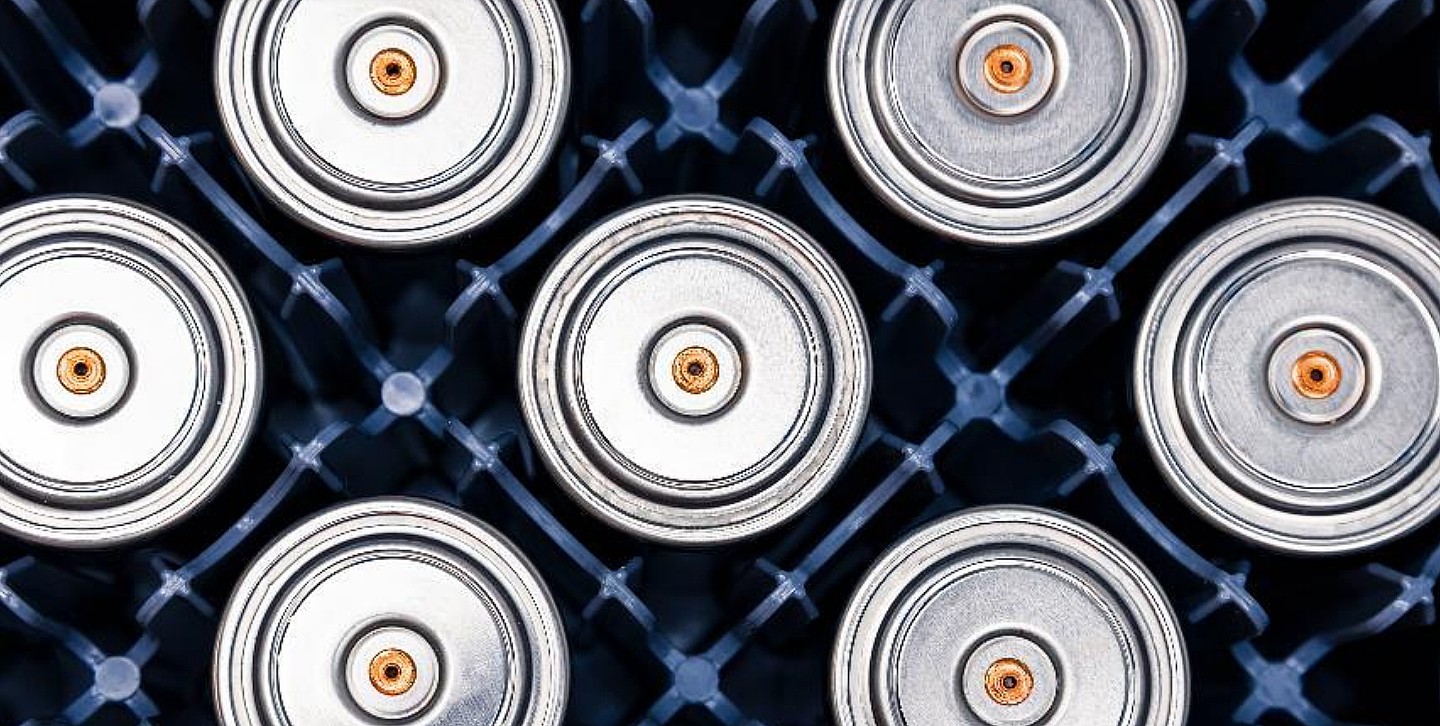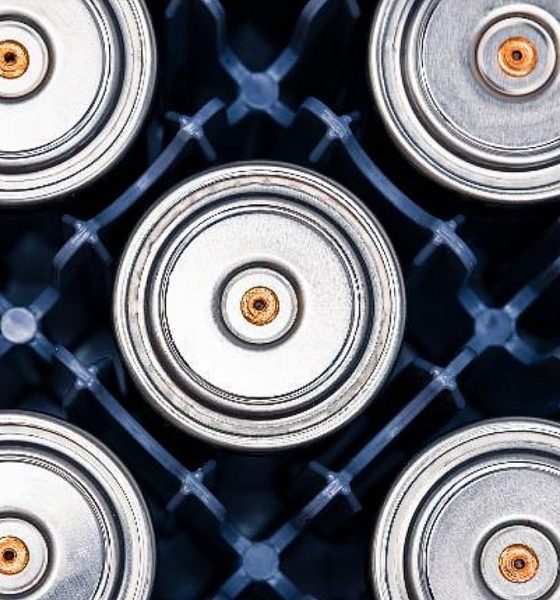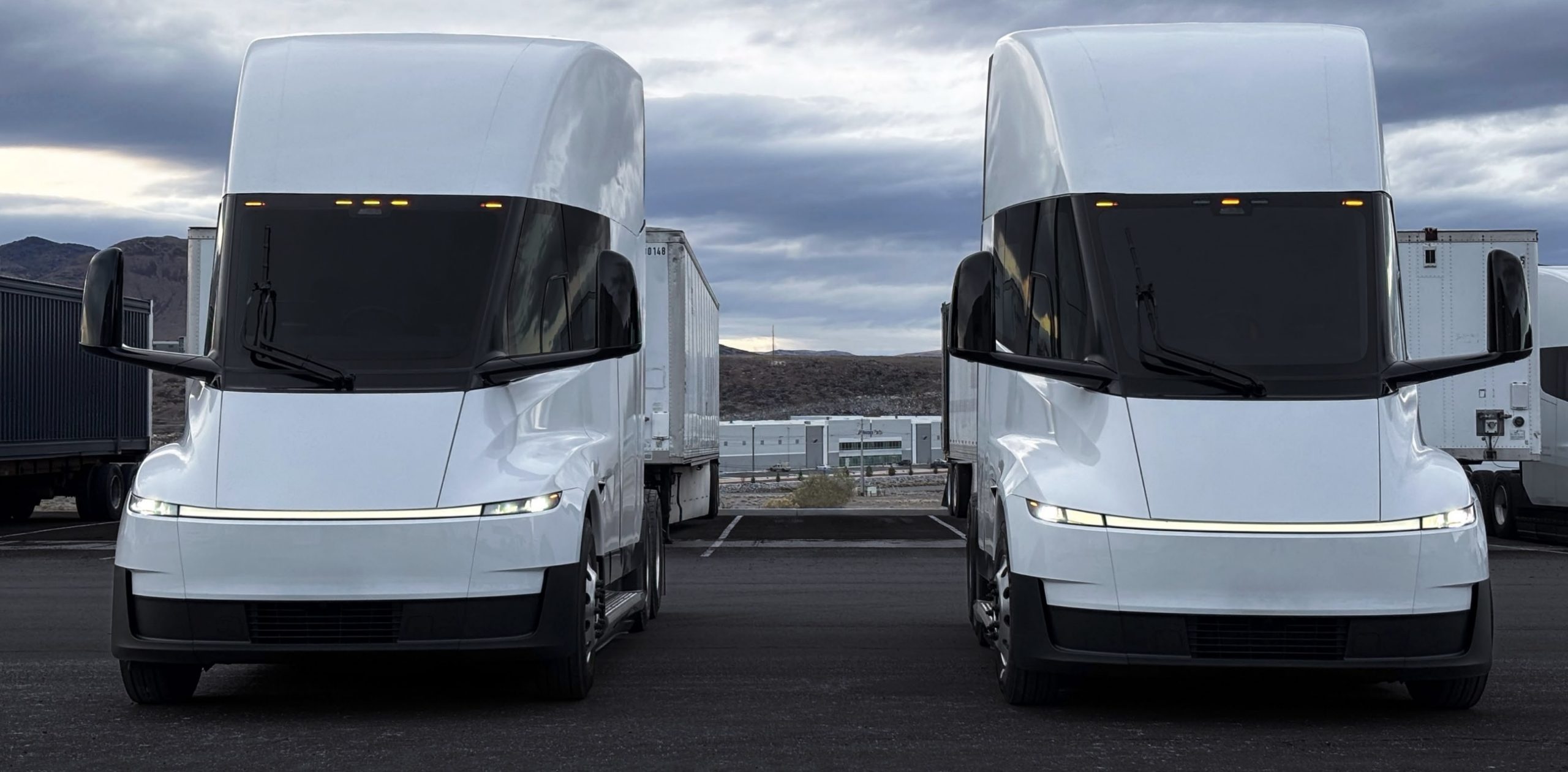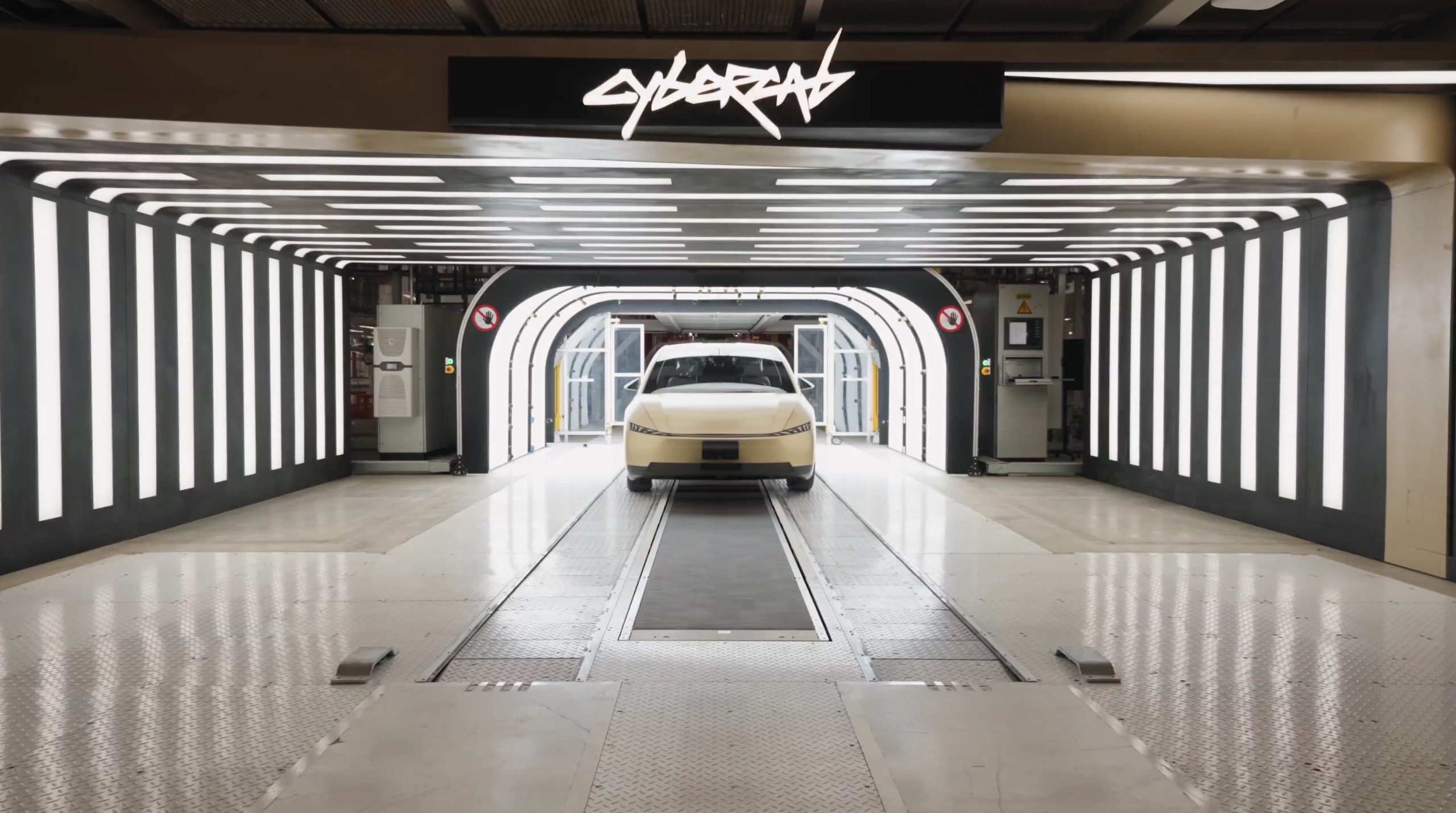

News
Tesla inks new nickel supply deal, inches closer to 4680 battery cell mass production
Tesla’s goal of mass-producing its 4680 battery cells recently took a significant step forward on Wednesday, when New Caledonian miner Prony Resources announced that the EV maker had agreed to purchase 42,000 tonnes of nickel in a multi-year deal. Nickel is a key material that Tesla needs for its high-powered batteries, such as the 4680 cells that are currently in pilot production at the company’s Kato Road facility in Fremont, California.
In a statement, Prony noted that it is aiming to produce 44,000 tonnes of nickel by 2024, effectively doubling its estimated 2021 output. During a news conference, Antonin Beurrier, Prony’s chief executive, confirmed that Tesla is now the mining company’s largest client to date. While he did not specify any details of Prony’s deal with Tesla, Beurrier did state that the 42,000-tonne volume for the EV maker was indicative and could vary.
The CEO added that Prony’s nickel supply agreement with Tesla had been negotiated by Swiss commodity trader Trafigura, a shareholder in the mining firm. The deal between Tesla and Prony was also signed last month. Interestingly enough, Tesla and Prony had already been associated even before their recently-announced nickel deal, as the electric car maker was an adviser on product and sustainability standards for the miner.
Prony is not alone in its role as a key nickel supplier for Tesla. Earlier this year, Tesla also signed a deal to acquire nickel from BHP’s operations in Australia. And considering Tesla’s goal of ramping its vehicle and energy storage production in the coming years, it would not be surprising if the company inks several more deals with other nickel suppliers in the near future. Tesla CEO Elon Musk, after all, has emphasized that nickel would be a key component for its long range vehicles’ batteries.
“I’d just like to re-emphasize, any mining companies out there, please mine more nickel. Wherever you are in the world, please mine more nickel and don’t wait for nickel to go back to some high point that you experienced some five years ago. Go for efficiency and environmentally-friendly nickel mining at high volume. Tesla will give you a giant contract for a long period of time if you mine nickel efficiently and in an environmentally sensitive way,” Musk said during last year’s Battery Day event, which featured the official unveiling of the company’s custom 4680 cells.
The Tesla CEO has been consistent on his nickel stance. During the recently-held 2021 Annual Shareholder Meeting, for example, Musk reiterated that the company’s most demanding vehicles like the Cybertruck and Tesla Semi would be using a nickel-based cathode. The Tesla CEO also reiterated the notion that the company’s Standard Range vehicles and battery storage products will use cells fitted with an iron-based cathode. “What actually matters is the cathode. Our long-range vehicles use a nickel-based cathode. But for our Standard Range vehicles and stationary vehicles, we’re using iron-based cathode,” Musk said.
Don’t hesitate to contact us with news tips. Just send a message to tips@teslarati.com to give us a heads up.

News
Tesla FSD (Supervised) could be approved in the Netherlands next month: Musk
Musk shared the update during a recent interview at Giga Berlin.

Tesla CEO Elon Musk shared that Full Self-Driving (FSD) could receive regulatory approval in the Netherlands as soon as March 20, potentially marking a major step forward for Tesla’s advanced driver-assistance rollout in Europe.
Musk shared the update during a recent interview at Giga Berlin, noting that the date was provided by local authorities.
“Tesla has the most advanced real-world AI, and hopefully, it will be approved soon in Europe. We’re told by the authorities that March 20th, it’ll be approved in the Netherlands,’ what I was told,” Musk stated.
“Hopefully, that date remains the same. But I think people in Europe are going to be pretty blown away by how good the Tesla car AI is in being able to drive.”
Tesla’s FSD system relies on vision-based neural networks trained on real-world driving data, allowing vehicles to navigate using cameras and AI rather than traditional sensor-heavy solutions.
The performance of FSD Supervised has so far been impressive. As per Tesla’s safety report, Full Self-Driving Supervised has already traveled 8.3 billion miles. So far, vehicles operating with FSD Supervised engaged recorded one major collision every 5,300,676 miles.
In comparison, Teslas driven manually with Active Safety systems recorded one major collision every 2,175,763 miles, while Teslas driven manually without Active Safety recorded one major collision every 855,132 miles. The U.S. average during the same period was one major collision every 660,164 miles.
If approval is granted on March 20, the Netherlands could become the first European market to greenlight Tesla’s latest supervised FSD (Supervised) software under updated regulatory frameworks. Tesla has been working to secure expanded FSD access across Europe, where regulatory standards differ significantly from those in the United States. Approval in the Netherlands would likely serve as a foundation for broader EU adoption, though additional country-level clearances may still be required.
Elon Musk
Elon Musk estimates Tesla Semi could reach Europe next year
“We’ve got the Tesla Semi coming out, the heavy truck, and that’ll be going to Europe hopefully next year,” Musk said.

Tesla is preparing to expand its all-electric Semi truck program to Europe, with CEO Elon Musk indicating that the Class 8 vehicle could arrive in the region 2027.
Musk shared his update during an interview about Giga Berlin with plant manager André Thierig, which was posted on X by the official Tesla Manufacturing account.
“We’ve got the Tesla Semi coming out, the heavy truck, and that’ll be going to Europe hopefully next year,” he said.
Tesla has already begun limited production and customer deployments of the Tesla Semi in the United States, with the company working to scale output through the Semi factory near Giga Nevada. Considering Musk’s comments, it appears that a European rollout would be the next phase of the vehicle’s expansion beyond North America.
Musk’s use of the word “hopefully” leaves room for flexibility, but the remark signals that Europe is next in Tesla’s commercial expansion plans.
Musk has consistently argued that electrification should extend beyond passenger vehicles. During the same interview, he reiterated his view that “all ground transport should be electric,” adding that ships, and eventually aircraft, would follow.
The Semi plays a central role in that strategy. Heavy-duty freight remains one of the most emissions-intensive segments of road transport, and European regulators have increasingly pushed for lower-emission commercial fleets.
Tesla recently refreshed the Semi lineup on its official website, listing two variants: Standard and Long Range. The Standard trim offers up to 325 miles of range with an energy consumption rating of 1.7 kWh per mile, while the Long Range version provides up to 500 miles, which should be more than ample for European routes.
Elon Musk
Tesla Cybercab coming next to Giga Berlin, Optimus possibly after
“From a next major product standpoint, I think most likely is the Tesla Cybercab,” Musk said.

Tesla could add the Cybercab and Optimus humanoid robot to the production lineup at Giga Berlin, as per recent comments from CEO Elon Musk.
During a recent interview with Giga Berlin plant manager André Thierig, Musk identified the Cybercab as the most likely next major product for the German factory, with Optimus potentially following after.
“From a next major product standpoint, I think most likely is the Tesla Cybercab,” Musk said. He added that there are also “possibilities of Tesla Optimus” being produced in the facility.
Tesla has already begun production of the Cybercab in Giga Texas, with volume production expected to ramp this year. Based on Musk’s comments, it appears that if conditions align in Europe, Giga Berlin could eventually join that effort.
The CEO’s comments about Optimus coming to Gigafactory Berlin are quite unsurprising too considering that Musk has mentioned in the past that the humanoid robot will likely be Tesla’s highest volume product in the long run.
Giga Berlin will likely be able to produce mass volumes of Optimus, as the Model S and Model X lines being converted to an Optimus line in the Fremont Factory are already expected to produce 1 million units of the humanoid robot annually.
Apart from his comments about the Cybercab and Optimus, Elon Musk also confirmed that Giga Berlin has started ramping battery cell production and will continue expanding Model Y output, particularly as supervised Full Self-Driving (FSD) gains regulatory approvals in Europe.
Taken together, the remarks suggest Berlin’s role could evolve beyond vehicle assembly into a broader multi-product manufacturing hub, not just a regional Model Y plant.








